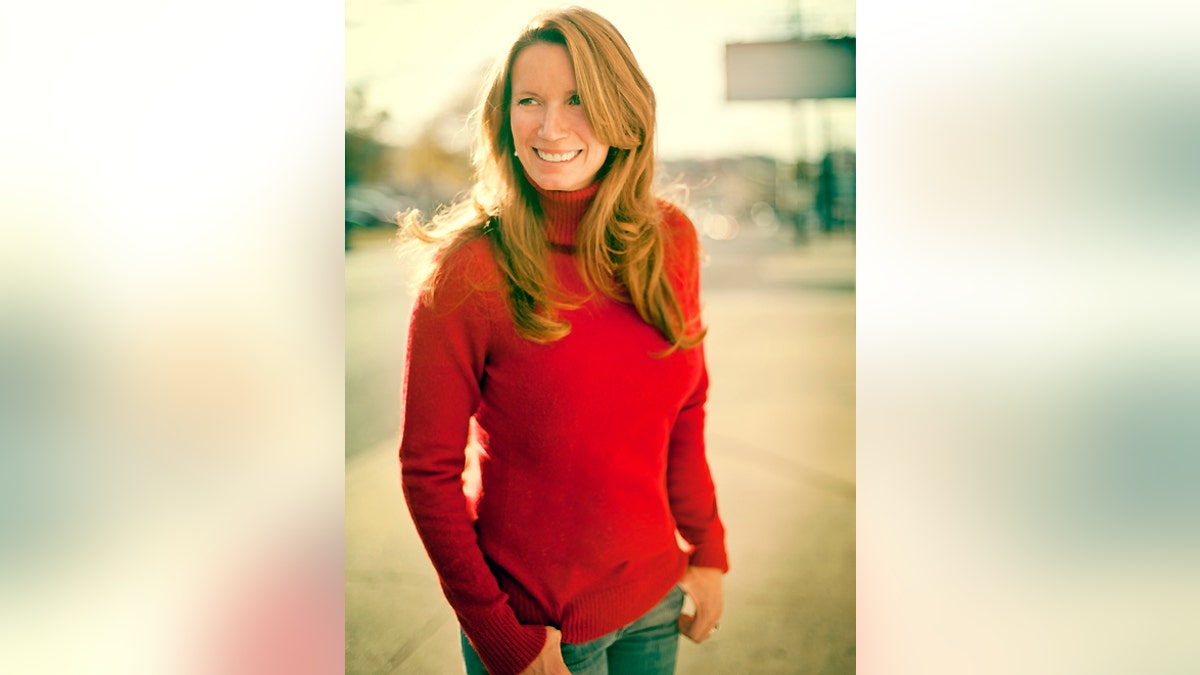
Rev. Becca Stevens, Magdalene founder, author, "The Way of Tea and Justice" (Thistle Farms)
Jennifer Clinger, a graduate of Magdalene, a two-year residential program in Nashville for survivors of abuse, trafficking, prostitution and addiction and a full-time employee of its social enterprise, Thistle Farms, just handed me a check for $500. The donor was her brother.
Jennifer was home for Thanksgiving and celebrating more than four years clean when her brother, in gratitude for her remarkable recovery and in prayer for the hundreds of women on the waiting list to enter the community, gave her the gift.
It is remarkable that given their hard upbringing and the ensuing diaspora of the family that they are still close and connected.
[pullquote]
A few years ago, Jennifer spoke her truth about what happened to her as a child, what forgiveness she has needed and has given as an adult.
She has shown through hard work and faithfulness that she is a healer. She is helping heal old generational wounds, not just within her family, but in communities around the country that are trying to understand this model. She leads tours for hundreds of visitors at Thistle Farms, explaining the long journey toward wholeness.
This is the season where we hear over and over it is better to give than to receive, but where some of us may harbor a secret longing to receive something special. The $500 gift blurs that line as it reminds us that truly the spirit of Christmas lies when we stop thinking of ourselves as givers or receivers, but simply as grateful lovers of all God’s gifts, sharing them with each other.
Sometimes it is better to give than to receive. Other times it is better to receive than give. But isn’t it best to celebrate the true gift of remembering we are both givers and receivers of something that was never ours to begin with?
Love is not a commodity one person offers another. It is a gift that washes over all of us and sates our cups so it can pour out onto the world. It is beautiful that Jennifer received the gifts given to her when she came into the community. And it is beautiful that she is now a giver to the not-for-profit.
Yet, what is stunning to me is that through it all there is an underlying current that speaks to how love heals us all.
Love heals the lonely and broken who come for sanctuary. Love heals families of women who come through Magdalene and Thistle Farms. It heals cynical priests who long to believe that the Gospel can ring through the institution and politics of church. It heals donors who need the gift of connection and accountability with their communities.
Love heals you and it heals me.
The gift for me this Christmas season is to quit thinking of any of us as givers or receivers, but simply devoted lovers, so grateful to know love.
